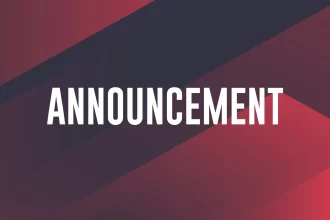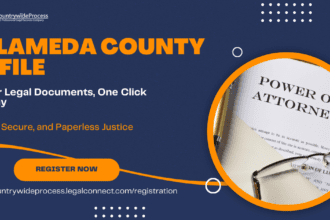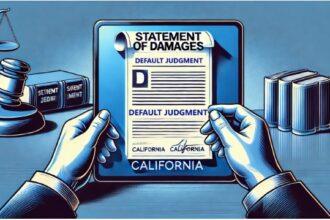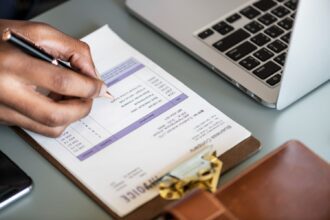Transitioning into the Future: Embracing eRecording Abstracts of Judgment

Navigating the complexities of the legal system often requires significant time and effort. However, adopting eRecording can streamline document recording processes, offering numerous benefits, especially for tasks such as e-recording abstracts of judgment.
Key Advantages of eRecording in the Legal Industry:
1. Secure Storage: eRecording allows for the secure storage of your recorded legal documents in online repositories.
2. Cost Efficiency: eRecording reduces expenses associated with physical document handling.
3. Simplified Retrieval: Finding documents becomes quick and straightforward with eRecording platforms.
4. Error Reduction: eRecording minimizes the risk of human error, ensuring accuracy in document processing.
5. Streamlined Processes: eRecording accelerates legal proceedings, saving time and resources.
6. Enhanced Security Measures: Cloud-based storage systems offer encryption, access controls, and audit trails for document security.
7. Improved Collaboration: eRecording facilitates seamless collaboration among different legal entities.
8. Expedited Cases: Through eRecording, documents can be submitted, verified, and approved promptly, expediting delayed cases.
9. Organizational Efficiency: Legal professionals can efficiently organize case files and manage deadlines with eRecording systems.
10. Seamless Sharing: eRecorded legal documents can be easily shared with relevant parties involved in legal proceedings.
Understanding eRecording for Abstracts of Judgment:
eRecording enables the digital submission and recording of abstracts of judgment, providing a convenient and efficient alternative to traditional methods.
Benefits of eRecording Abstracts of Judgment:
1. Time and Cost Savings: eRecording eliminates the need for physical transportation and reduces associated expenses.
2. Accessibility: Legal professionals can submit documents electronically from any location with internet access.
3. Enhanced Efficiency: eRecording streamlines processes for attorneys and court clerks, improving overall productivity.
4. Digital Notifications: Parties involved in legal proceedings can receive electronic notifications regarding document submissions.
5. Environmental Sustainability: eRecording contributes to eco-friendly practices by reducing paper usage and carbon footprint.
Challenges of eRecording Abstracts of Judgment:
1. Technical Issues: eRecording systems may encounter software or hardware malfunctions, leading to potential disruptions.
2. Security Investments: Additional investment in secure computer software and systems is necessary to safeguard documents.
3. Lack of Personalized Service: Unlike traditional methods, eRecording may need more personalized assistance of in-person interactions with court offices.
Clearing Abstracts of Judgment through eRecording:
Debtors can obtain a discharge or release of abstracts of judgment electronically by fulfilling payment obligations and obtaining court-certified payment statements and release of judgments.
Validity of eRecorded Abstracts of judgment:
eRecorded judgments typically remain valid for a period of ten years, unless renewed by legal representatives.
In summary, eRecording offers a modern solution for recording legal documents, providing efficiency, security, and convenience. Embracing eRecording for abstracts of judgment enhances workflow processes, benefiting all stakeholders in the legal arena.





